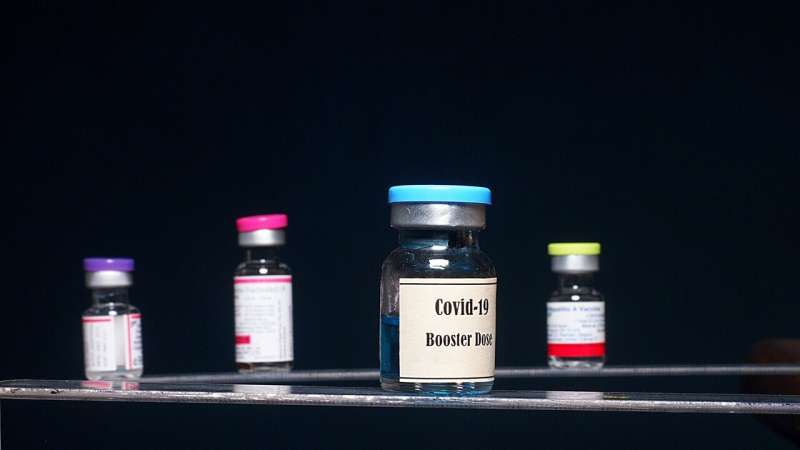Second booster approved as option for additional protection against COVID-19

On March 29 the U.S. Food and Drug Administration (FDA) and the Centers for Disease Control and Prevention (CDC) approved the use of a second COVID-19 booster shot for adults over age 50 and certain immunocompromised individuals, including heart transplant patients. While not issuing a direct recommendation, the agencies instead issued emergency authorization for a fourth shot of the Pfizer-BioNTech or Moderna vaccines to provide additional protection against the coronavirus and its variants for certain people. The American Heart Association continues to align with guidance from the CDC, the nation's pandemic control experts, and supports the use of this fourth shot, as indicated.
According to the CDC, the additional booster should be given at least four months after the initial booster. There is still little research on the use of a fourth dose of the vaccine, however, emerging evidence finds the effectiveness against COVID-19 and its variants may start to diminish three to six months after receipt of an initial booster dose.
The American Heart Association/American Stroke Association, a global force for longer, healthier lives for all, remains concerned about the continuing gaps in COVID-19 vaccination among people from all eligible age groups in the U.S., including people from diverse racial and ethnic groups and pregnant people.
"Individuals eligible for COVID vaccination who are not yet fully immunized are urged get the series of vaccines at least up through the first booster. People who are eligible for the second booster should call their clinical care office to discuss the need for a second booster," said American Heart Association volunteer President Donald M. Lloyd-Jones, M.D., Sc.M., FAHA, chair of the department of preventive medicine, the Eileen M. Foell Professor of Heart Research and professor of preventive medicine, medicine and pediatrics at Northwestern University's Feinberg School of Medicine in Chicago. "It is also important to ensure you are up to date on controlling other health issues including any cardiovascular risk factors, such as obesity, hypertension, and diabetes, that can put you at increased risk for heart disease, stroke and COVID-19."




















